Navigating Career Transitions in a Turbulent Job Market
The concept of a "career for life" has become as outdated as floppy disks, VHS tapes, and audio cassettes. Whether you’re eyeing a voluntary career pivot or facing the tough reality of job loss, navigating career transitions is a critical skill set in our evolving job market. Here's how you can smoothly sail through these changes, turning challenges into opportunities for growth and advancement.
Embrace the Change
Change, especially in your career, can be daunting. It's normal to feel a mix of emotions—excitement, anxiety, and even fear. However, embracing this change is your first step towards a successful transition. Start by assessing your skills and passions. What gets you out of bed in the morning? How can these drive your career forward? Remember, every career move is a steppingstone, not just a leap into the unknown.
Update Your Toolkit
Your resume, LinkedIn profile, and your skill set are your toolkit in this journey. Ensure your resume reflects not just your past job titles, but the skills and experiences that are transferable to other roles or industries. LinkedIn is your digital handshake; make it count. And don’t forget to continuously upgrade your skills. Online courses, workshops, and seminars can be invaluable, and hey, they’re also great networking opportunities!
Network Like a Pro
Speaking of networking—this is not just about collecting business cards or adding new connections on LinkedIn. It’s about building genuine relationships. Reach out to old colleagues, join professional groups, attend industry meetups, and don’t shy away from introducing yourself. You never know which conversation might lead to your next big opportunity. And remember, networking is a two-way street; always think about how you can add value to your connections.
Consider a Career Coach
Sometimes, two heads (or more) are better than one. A career coach can offer personalized advice tailored to your specific circumstances. They can help you identify strengths, suggest career paths, and even prep you for interviews. Investing in professional guidance could be your ticket to a quicker and more efficient career transition.
Stay Informed
Keep your finger on the pulse of the industry you're interested in. Follow industry news, trends, and forecasts. Understanding the market will not only make you a more attractive candidate but will also help you pinpoint where your skills could fill a gap. Plus, being informed gives you great talking points in interviews and networking conversations!
Flexibility and Resilience are Key
In a turbulent job market, flexibility and resilience are your best friends. You might not land your dream job immediately, but every role offers something valuable—be it a new skill, a different perspective, or a step toward your next role. Keep an open mind, and don’t get discouraged by setbacks.
Celebrate Every Milestone
Every application sent, every interview attended, and every new connection made is progress. Celebrate these milestones, no matter how small. They signify that you are moving forward, not standing still. This positive mindset can keep you motivated even through potential rejections.
Your Career Possibilities Are Endless
Navigating career transitions is more than just finding a new job. It’s about exploring new possibilities and growing as a professional. With the right attitude, tools, and support, you can turn a period of uncertainty into a launching pad for your next great adventure. So, what are you waiting for? Dive in and steer your career in the direction you’ve always dreamed of!
Photo by sydney Rae on Unsplash

